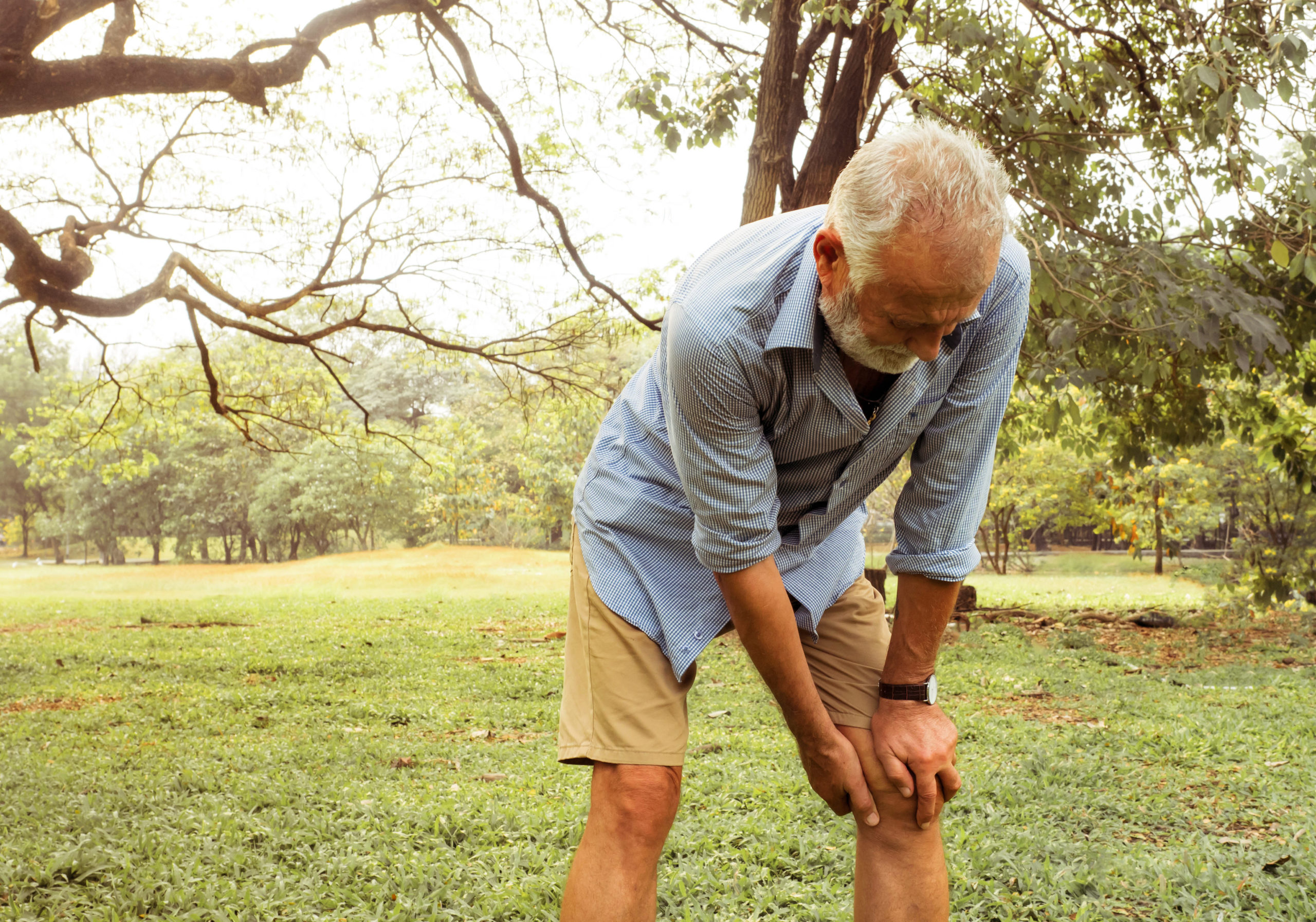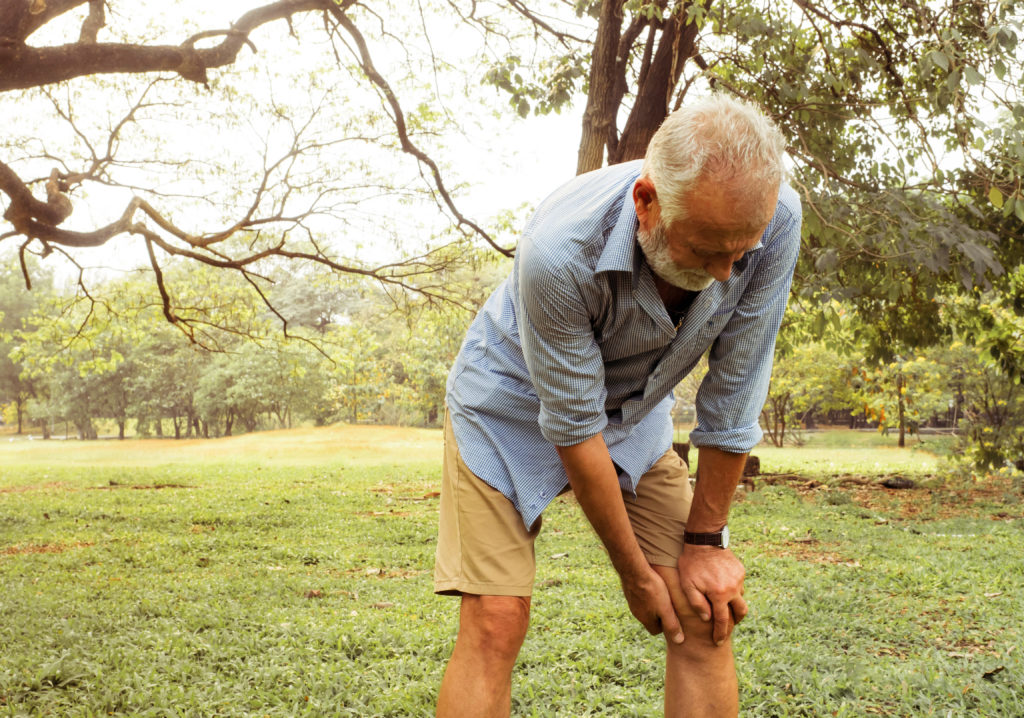Spring 2021 has us inching back towards normalcy. Vaccine availability means restaurants, stores, and activities are slowly and carefully starting to reopen. If you postponed surgery because of COVID-19 restrictions, you’re probably inching along too…though in a less positive way. Don’t put off much-needed surgery any longer; reach out to Pacific Surgical Center today.
Medical statistics show that “More than 100 U.S. hospitals have put elective surgeries on hold indefinitely” during the Coronavirus outbreak. But they agree that “elective doesn’t mean optional; for some people anticipating operations to ease their pain or halt their disease, hospitals’ decisions about what’s elective involves a grim calculus of how long they can wait.”
It’s understandable to postpone things that aren’t life-threatening but that doesn’t mean the problem itself pauses. PSC specialties like orthopedics, urology, gastroenterology, podiatry, and general surgery don’t seem urgent in the face of a pandemic but they DO still need to be treated. Doctors admit that “Joint replacements and other musculoskeletal repairs understandably take a backseat to traumatic injuries…[but] mental fatigue and physical pain are both taking a toll.”
For example, “Patients waiting for a hip replacement can be so hobbled by their pain that their muscles become deconditioned, making their eventual recovery from surgery longer…stretching three to four months into something like 12 to 24 months.” Doctors also look at “another potential price of delay. If someone falls off a ladder and tears the rotator cuff in the shoulder or a knee ligament, those injuries often require surgical repair—eventually. A brace can help, as can crutches, but another slip can do further damage.”
Waiting may seem like a considerate, helpful thing to do but it can be problematic. In a 2020 survey of people who postponed orthopedic surgery due to COVID-19, there were “increases in joint pain (71%), limitations to mobility (58%), and trouble sleeping (35%) [and] 56% of caregivers wished their loved one would move forward with surgery more quickly even during the pandemic in order to relieve their physical pain and lessen the negative impact on quality of life.”
And long-term use of over-the-counter painkillers like ibuprofen and acetaminophen can cause kidney and liver damage, increase the risk of heart attack or stroke, and promote stomach bleeding. Our bodies also physically compensate to living in pain, especially if it impacts movement or balance. We can start to hunch over or favor the painful area and thereby cause new aches along the way.
Speak with your primary care physician and if surgery is called for, reach out to PSC doctors today. Their skilled staff will perform imaging, the minimally invasive procedure, and follow-up care on an outpatient basis. This reduces the number of total visits required and lowers potential infection risk. Recovery times are reduced, and you can recuperate from the comfort—and safety—of home sweet home.
After the last year, we’re all ready to rush headlong into our old lives. But post-surgery, as with post-Coronavirus, slow and steady is always the better way. Masks and social distancing will be with us well after vaccines are readily available and a slow restart lets the body adapt on its own terms.
If you’ve had your much-awaited orthopedic procedure, plan on a gradual journey. Doctors explain that “As with any surgical procedure, orthopedic surgery comes with a recovery period afterward. All operations require some form of tissue trauma, and musculoskeletal surgery involves cutting skin, muscle, tendon, ligament, and/or bone tissues—so these must heal before you regain your motion and strength in the area.”
They recommend working with a physical therapist and then slowly re-adding exercise into your routine. “A common mistake for people who have had orthopedic surgery is to rush through rehabilitation. They may feel that they can handle more stringent activities, so they proceed beyond their current capabilities. However, this can lead to another injury, and it may even undo what was done in the surgery. Perform the therapy exercises your physical therapist shows you, and don’t push your limits beyond these until the therapist says you’re ready. The exercises may seem silly or ‘soft’ at first, but they will grow in duration and complexity until you’re healed. Be patient with yourself.”
Patience is the attitude of the moment. We’ve been patient with ourselves, fellow house-bound family members, and the outside world for the last year. As things begin to change, reach out to loved ones, support local small businesses, and reschedule missed appointments galore. Start with PSC, they’re always glad to help.




